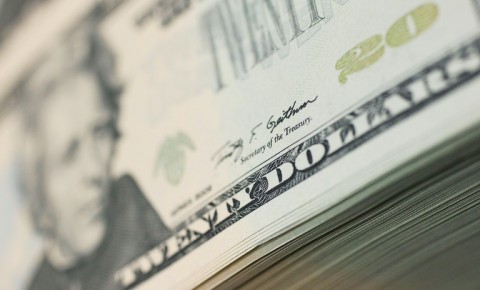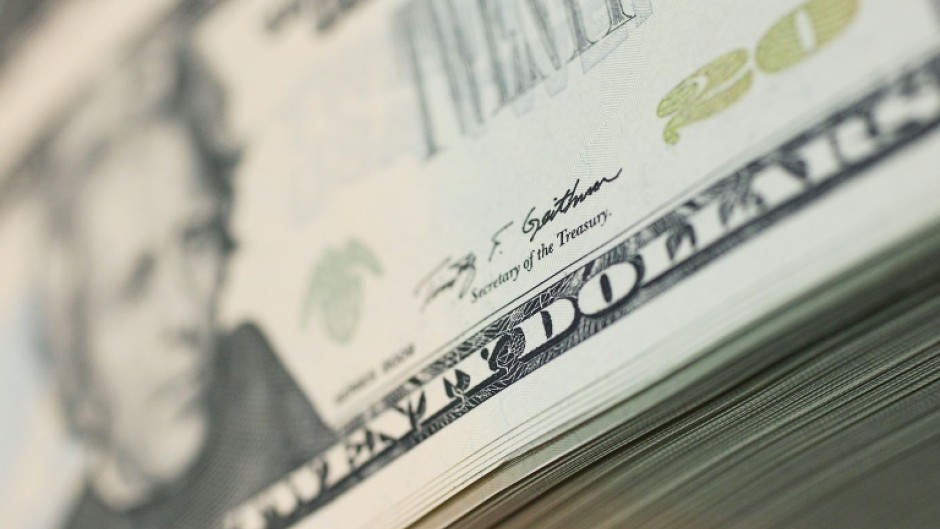
LONDON - Stock markets headed higher on Monday and the dollar lost some ground as investors eyed less aggressive US interest rate hikes this year with inflation starting to cool from sky-high levels.
Tokyo was the standout performer, rallying more than one percent following a blockbuster pre-weekend performance on Wall Street as tech shares rallied.
Comments from top Federal Reserve officials provided support to equities after they indicated the bank could lift rates at a slower pace compared with 2022.
The euro on Monday reached the highest level since April last year, at $1.0927, before slipping back.
"Investor confidence has surged into the Lunar New Year after China lifted its drastic Covid restrictions and hopes have risen that the end to interest rate hikes may finally be in sight," noted Susannah Streeter, senior investment and markets analyst at Hargreaves Lansdown.
"There have been signs economies may prove more resilient in the downturn," she added.
Philadelphia Fed boss Patrick Harker has again called for slower US rate increases, while Kansas City Fed boss Esther George said she was optimistic the world's top economy could still achieve a soft landing despite worries that a series of big borrowing-cost hikes last year would tip it into recession.
In Asia, trading was then with a number of stock markets closed for the Lunar New Year holiday.
"Although most Asian markets are closed for Chinese Lunar New Year celebrations, Japanese and Australian stocks are picking up on the better mood from US investors and on expectations of China's economy returning to some semblance of a pre-pandemic trend," said SPI Asset Management's Stephen Innes.
Crude oil futures extended their strong start to the year.
"Oil prices are trading higher on diminishing recession risks while easing inflation pressure suggests the days of outsized hikes are behind us, broadly supporting risky assets," Innes added.

